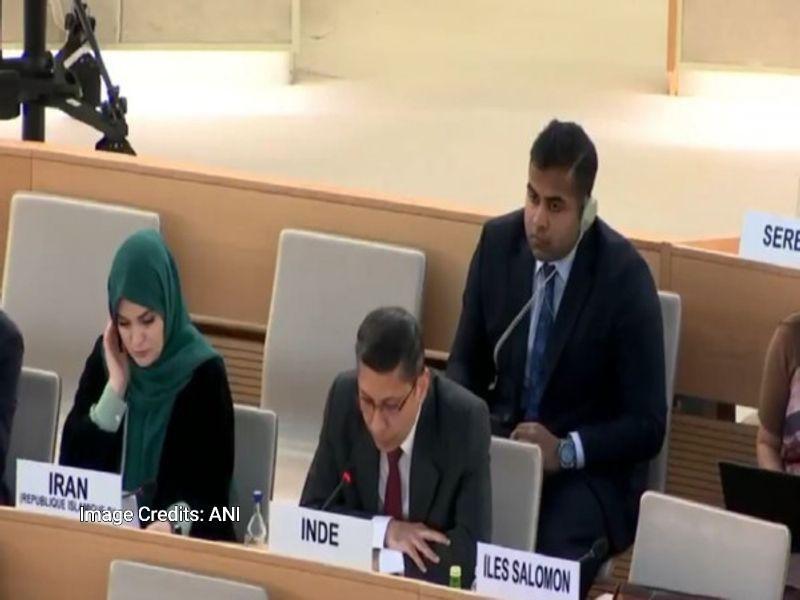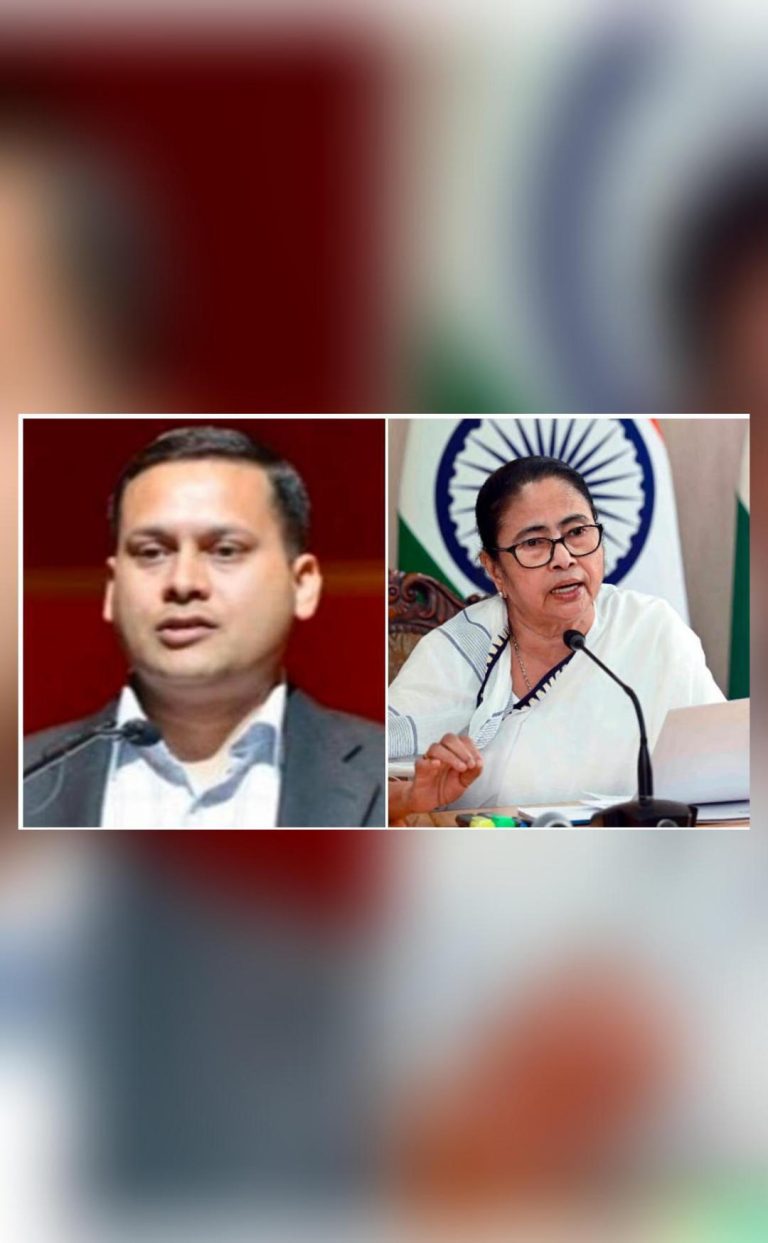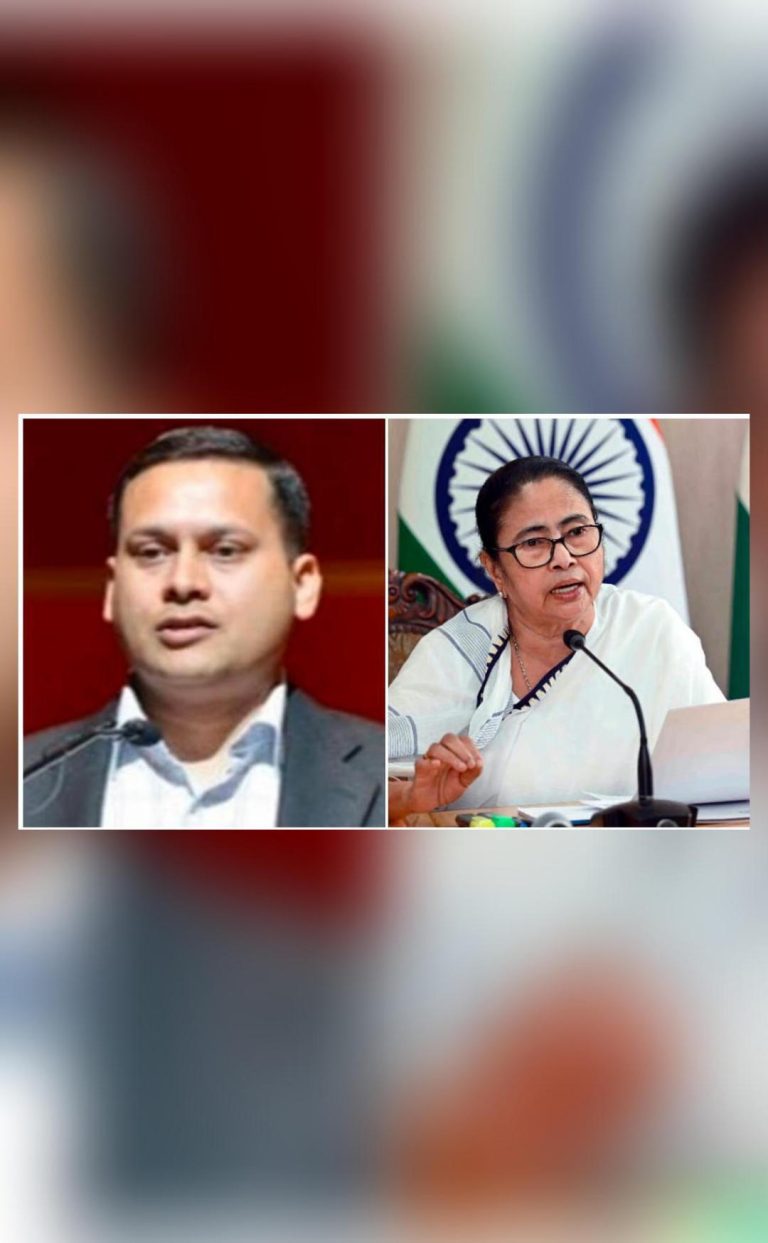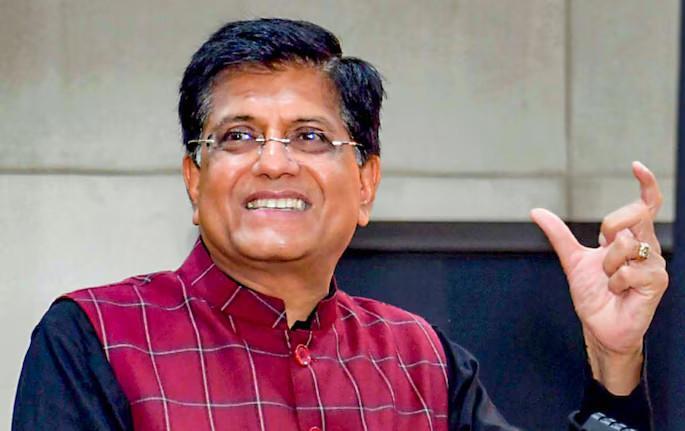
Unfounded, Baseless: India on UNHRC Chief Remarks on J&K, Manipur
India has strongly reacted to the recent statement made by the United Nations High Commissioner for Human Rights (UNHRC) chief, Volker Türk, on Jammu and Kashmir (J&K) and Manipur. India’s permanent representative to the United Nations, Arindam Bagchi, has termed the remarks as “unfounded and baseless”. The UNHRC chief had expressed concerns over the restrictive laws in J&K and called for addressing the violence in Manipur.
In his statement, Volker Türk had urged the Indian government to take steps to address the violence in Manipur, which has been a hotbed of insurgency for decades. He also expressed concerns over the restrictive laws in J&K, which have been in place since the revocation of the state’s special status in 2019. The UNHRC chief had stated that these laws had resulted in the erosion of the people’s rights and freedoms.
India, however, has rejected these remarks, terming them as “cherry-picking” and “unfounded”. Arindam Bagchi, India’s permanent representative to the UN, said that the world’s largest democracy continues to be a healthy, vibrant, and pluralistic society. He claimed that the UNHRC chief’s statement was based on a flawed understanding of the situation in J&K and Manipur.
India has consistently maintained that the situation in J&K has improved significantly since the revocation of the state’s special status. The government has taken several steps to develop the region, including increasing the allocation of funds for infrastructure development and providing financial assistance to the people. India has also maintained that the restrictive laws in J&K are necessary to maintain law and order in the region.
Similarly, India has also maintained that the violence in Manipur is a result of the insurgency in the region, which has been ongoing for decades. The government has taken several steps to address the situation, including engaging in talks with various insurgent groups and providing financial assistance to the affected families.
The Indian government has also pointed out that the UNHRC chief’s statement is selective and biased. The UNHRC chief has not made any similar comments on other regions in India that are facing similar challenges, such as Kashmir, where there have been reports of human rights violations. This, India claims, is a clear case of “cherry-picking” and “double standards”.
India has also highlighted the efforts it has made to promote human rights in the country. The government has taken several steps to promote democracy, freedom of speech, and the protection of human rights. India has also cooperated with the UNHRC and other international organizations to promote human rights in the country.
The UNHRC chief’s statement has also been criticized by several other countries, including the United States, which has expressed support for India’s actions in J&K. The US has maintained that the situation in J&K is a bilateral issue between India and Pakistan, and that the UNHRC should not interfere in it.
In conclusion, India’s reaction to the UNHRC chief’s statement on J&K and Manipur is a clear indication of the country’s commitment to promoting human rights and democracy. India has consistently maintained that the situation in J&K has improved significantly since the revocation of the state’s special status, and that the restrictive laws in the region are necessary to maintain law and order. Similarly, India has maintained that the violence in Manipur is a result of the insurgency in the region, and that the government is taking steps to address the situation.






